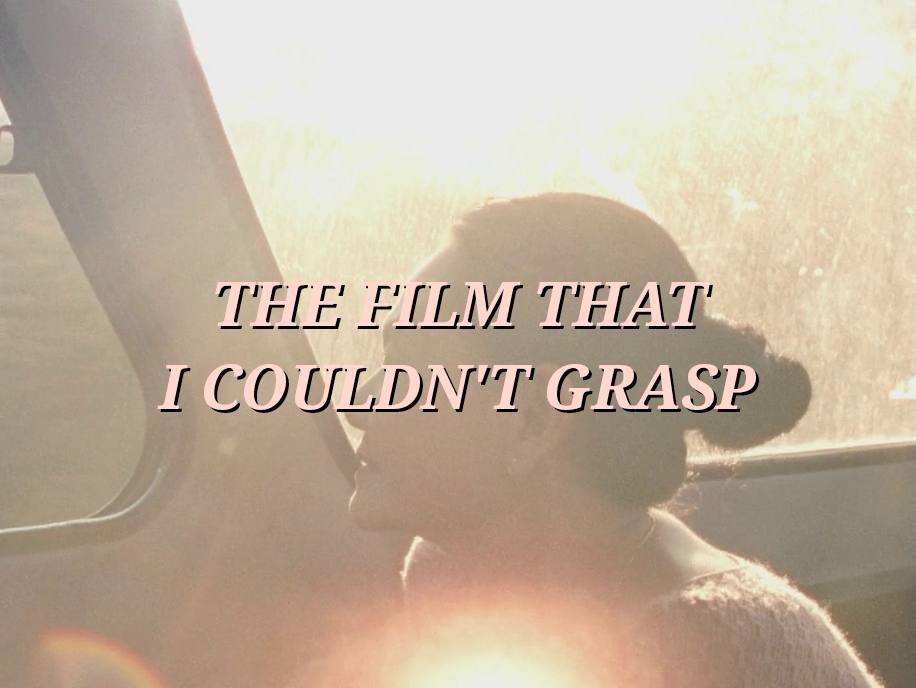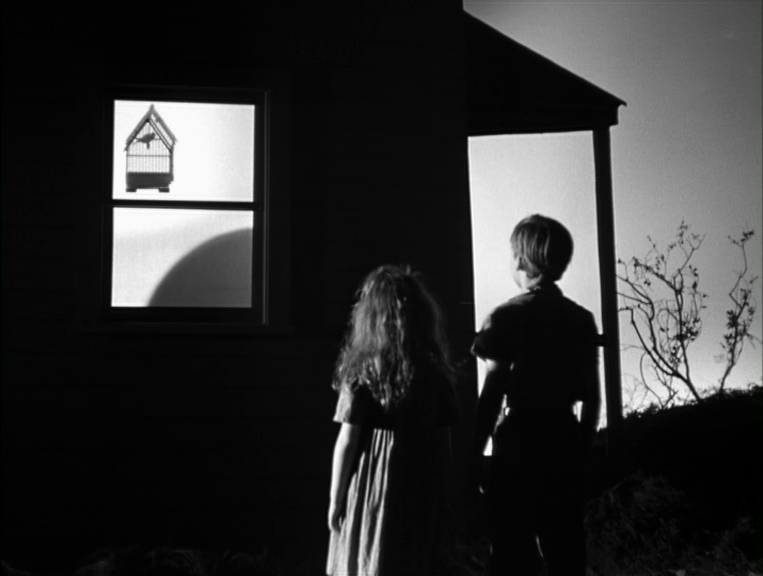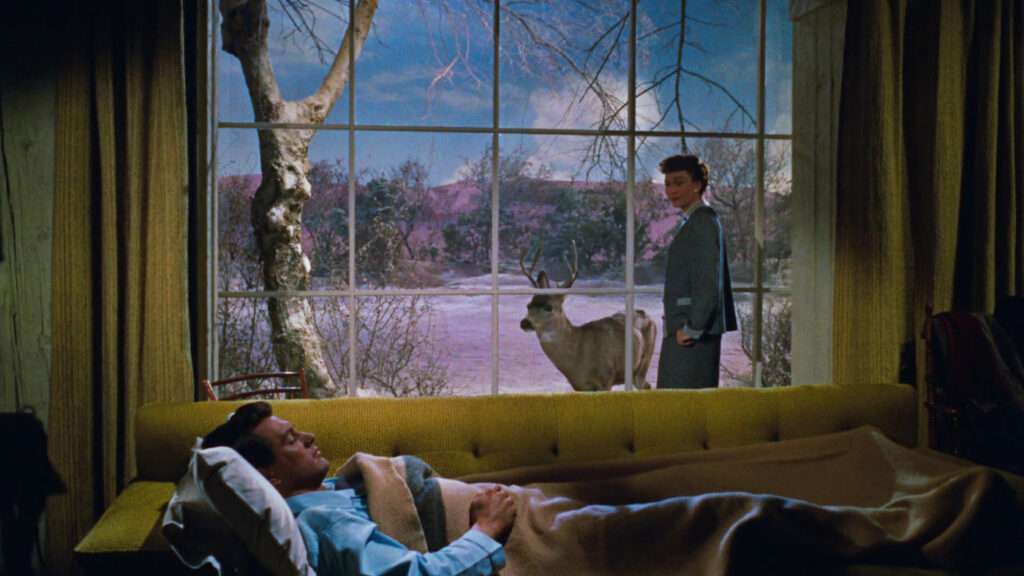In the lush landscapes of rural Thailand, a cinematic masterpiece unfolds, weaving a tale that transcends the boundaries of life, death, and reincarnation. Directed by a visionary Thai filmmaker, this film invites viewers into the ethereal world of its protagonist, an ailing man who chooses to spend his final days among the serene beauty of his country estate. As he navigates the twilight of his life, he is visited by the spirits of deceased loved ones and confronts manifestations of his past lives, blurring the lines between the human, the supernatural, and the animal kingdoms. This narrative, rich in spiritual and philosophical themes, explores the interconnectedness of all beings and the cyclical nature of existence, set against the backdrop of Thailand’s mesmerizing landscapes and infused with the country’s cultural and religious motifs. Awarded the prestigious Palme d’Or at the Cannes Film Festival, this film stands as a testament to the power of storytelling that delves deep into the mysteries of life and the afterlife, challenging viewers to reflect on their own perceptions of mortality and rebirth.
“Uncle Boonmee Who Can Recall His Past Lives” stands out as a particularly enigmatic and profound piece. Directed by Thai filmmaker Apichatpong Weerasethakul, this 2010 Palme d’Or winner at the Cannes Film Festival is a cinematic experience that defies conventional understanding, challenging viewers to expand their film IQ to grasp its deep, multifaceted essence.

A Labyrinth of Complexity
On the surface, the film tells the story of Uncle Boonmee, a man suffering from acute kidney failure, as he chooses to spend his final days surrounded by his loved ones in the countryside. However, the narrative quickly transcends this simple premise, weaving in elements of reincarnation, non-linear timelines, and surreal encounters with the supernatural. The film’s unique storytelling approach, characterized by its slow pace, long takes, and minimal dialogue, invites viewers into a meditative reflection on life, death, and the cyclical nature of existence.

The Challenge of Interpretation
For many, including myself, the initial viewing of “Uncle Boonmee Who Can Recall His Past Lives” was met with confusion and a sense of inadequacy. The film’s departure from traditional narrative structures and its subtle, often ambiguous symbolism, can make it feel impenetrable. Themes of reincarnation and the interconnection between humans, animals, and spirits are explored in ways that defy easy explanation, requiring viewers to let go of the need for straightforward answers and instead embrace the experience of uncertainty and wonder.

The Importance of Cultural Context
Part of what makes “Uncle Boonmee Who Can Recall His Past Lives” challenging for some viewers, particularly those unfamiliar with Thai culture and Buddhist philosophy, is the deeply ingrained cultural references and spiritual concepts that it draws upon. The film’s portrayal of the afterlife, karma, and the reincarnation cycle are rooted in Thai folklore and Buddhism, offering a rich tapestry of cultural and religious motifs that may be lost on those without the requisite background knowledge.

A Personal Journey of Discovery
In attempting to understand “Uncle Boonmee Who Can Recall His Past Lives,” I found myself embarking on a personal journey of discovery, seeking out resources on Thai culture, Buddhism, and the director’s body of work. This process of exploration and learning proved to be as rewarding as it was challenging, opening my eyes to new ways of seeing and appreciating cinema. It underscored the importance of approaching films with an open mind and a willingness to engage with unfamiliar ideas and traditions.

Conclusion
“Uncle Boonmee Who Can Recall His Past Lives” is a film that demands patience, openness, and a readiness to explore the unknown. While my initial film IQ may have proved insufficient to fully grasp its depth and complexity, the journey it prompted has been immensely enriching. This Palme d’Or winner is a testament to the power of cinema to transcend cultural and linguistic barriers, challenging us to expand our understanding and appreciation of the art form. In the end, it is not just a film to be understood but an experience to be felt, a reminder of the endless possibilities that lie within the world of cinema.




